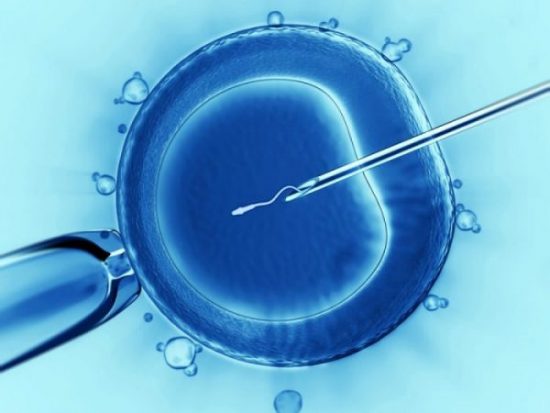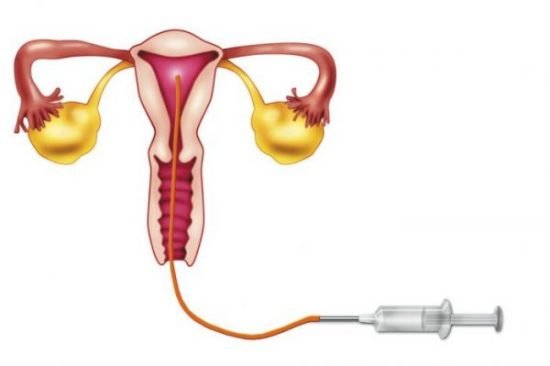ABOUT EGG FREEZING
Egg freezing is the process of harvesting and freezing a number of matured female eggs for use in future IVF procedures.
Egg freezing is commonly performed for women who are not yet ready to have children, but plan to have children in the future and wish to maintain their ability to conceive. It is also performed for women who have been diagnosed with cancer and need to go undergo radiotherapy treatment. Radiotherapy can deplete the amount of eggs, therefore freezing eggs before undergoing treatment can preserve the ability to conceive in the future.
Egg freezing differs from embryo cryopreservation, as the eggs harvested are not fertilized before they are frozen.
Before the eggs are harvested, the patient will usually take hormone medication to increase the production of eggs. Once the eggs are ready, they are harvested, and then frozen. The eggs are usually stored for up to 10 years, and can be thawed when the women chooses. In some cases this period may be extended. It is important to keep the clinic up-to-date with any change of contact details, as they need to make contact if the freezing period is coming to an end.
Recommended for
- Patients undergoing medical treatment which compromises their fertility (like chemotherapy.
- Patients who want to have children in the future but are not ready yet
TIME REQUIREMENTS
- Average length of stay abroad: 2 weeks.
As the process around ovary stimulation can take several weeks, it is best to discuss the logistical practicalities with your physician.
- Number of trips abroad needed: 1.

COMPARE EGG FREEZING PRICES AROUND THE WORLD
| Country | Cost |
|---|---|
| Mexico | 449€ |
| Spain | 350€ |
| Poland | 130€ |
HOW TO FIND QUALITY TREATMENT ABROAD
BEFORE EGG FREEZING ABROAD
As with IVF, the patient takes a drug to suppress the natural menstrual cycle. This can be administered by the patient, as a daily injection or a nasal spray, and lasts for around 2 weeks. The woman will then begin using a follicle stimulating hormone (FSH) which is in the form of a daily injection. This hormone increases the number of eggs produced by the ovaries, and the clinic will monitor the progress. This stage usually lasts 10 to 12 days. Around 34 to 38 hours before the eggs are due to be collected, there will be a final hormone injection which stimulates the eggs to mature.
HOW IS IT PERFORMED
The patient is sedated before the procedure begins. The eggs are then removed from the ovaries using a needle which is inserted through the vagina, under the guidance of an ultrasound. Once extracted, the eggs are slowly frozen down to -196°C where they are stored in an anti-freeze solution to prevent the corruption of genetic material.

Possible discomfort
Patients undergoing hormone therapy are likely to encounter swollen and sensitive breasts and emotional sensitivity.
IMPORTANT THINGS TO KNOW ABOUT EGG FREEZING
Success rates
Progress in egg freezing technology has seen an improvement to successfully thawing frozen eggs with the genetic material intact. However, the success conceiving from frozen eggs depends on a number of other factors, similar to those for traditional IVF.
Not recommended for
Women over the age of 35.
Potential risks
The eggs may not survive or be viable after they thaw














